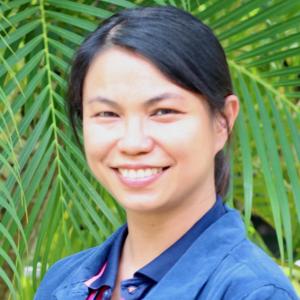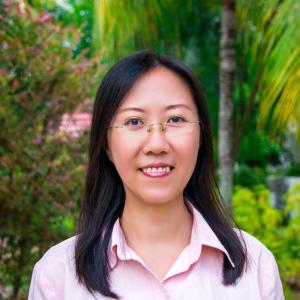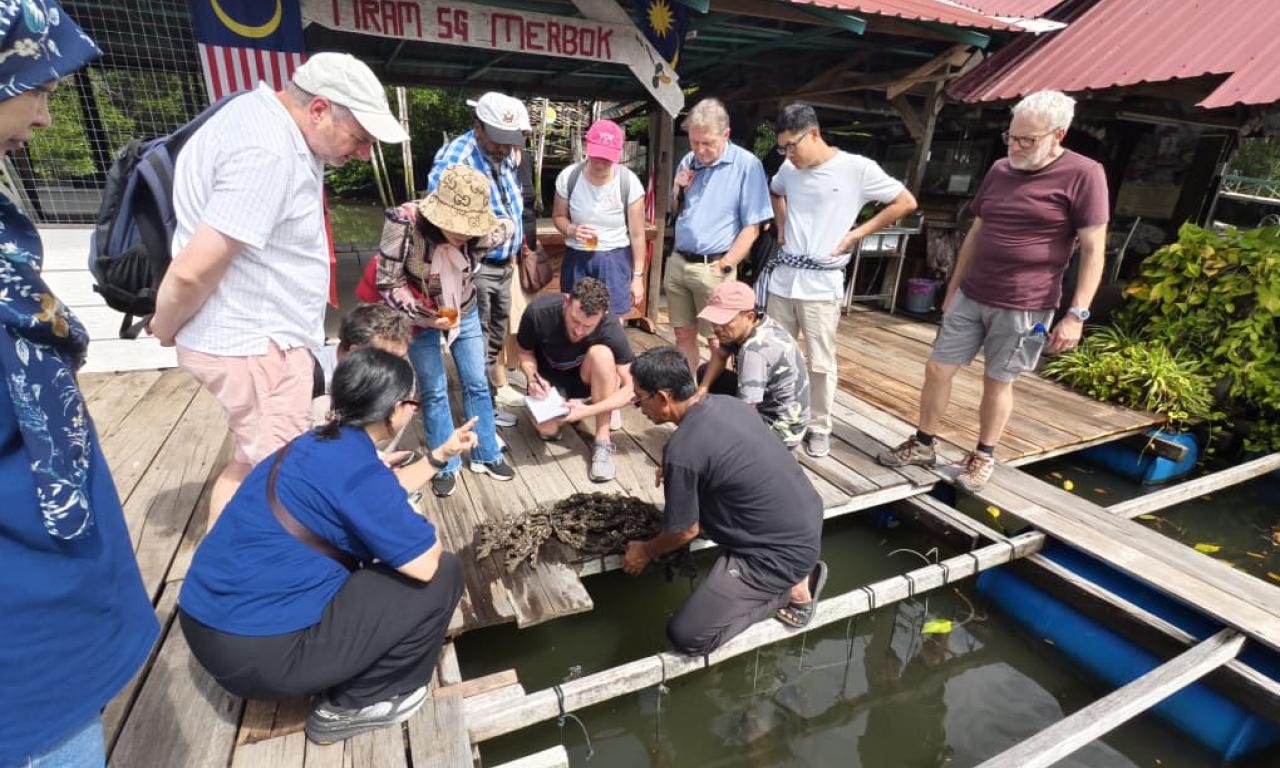
Across Southeast Asia, mollusc farmers are adapting to a changing sea. Warming waters, unpredictable weather, and declining seed stocks are reshaping a traditional industry that supports the food supply and livelihoods of coastal communities.
In Malaysia, this low-carbon industry produced over 20,000 tonnes of oysters, mussels, and cockles in 2024. Yet despite its potential, farmers still rely on wild seed and face growing environmental stressors. To address these challenges, government agencies, researchers and producers are collaborating through the Working towards Adaptive and Versatile Environmental Sustainability (WAVES) project, a three-year initiative funded by UK Research and Innovation (UKRI) under its Sustainable and Resilient Aquaculture Systems in Southeast Asia program. Led by the University of Southampton, the project unites international and regional partners from the UK, Vietnam, Malaysia and Indonesia to chart a path towards sustainable, climate-resilient mollusc farming.
To understand how Malaysia’s mollusc sector operates and key gaps, WorldFish organized a series of stakeholder consultations in September 2025 in collaboration with the Centre for Marine and Coastal Studies (CEMACS, Universiti Sains Malaysia), the Research Institute for Aquaculture No.1 (RIA1), the University of Stirling, the Royal Veterinary College (RVC, University of London) and the University of Southampton.
The four-day program aimed to:
- Map the structure of local mollusc industries
- Project future economic scenarios
- Identify key biophysical, governance, and policy drivers shaping production
Mapping Malaysia’s Mollusc Systems
As part of the consultations, 22 stakeholders representing producers, associations, researchers, traders, and government agencies such as the Fisheries Development Authority of Malaysia (LKIM) and the Department of Fisheries (DoF), gathered for the Malaysia-level Mollusc Systems Mapping Workshop.
This first Malaysian workshop under WAVES aimed to strengthen production systems by identifying opportunities to improve climate resilience and sustainability. Using a systems thinking approach, participants mapped production systems for blood cockle, green mussel, and oyster, visualizing resource flows, actors, and governance structures. Discussions explored environmental and market challenges, as well as linkages to other aquatic food systems.
"The workshop gave me deeper insight into the mollusc farming industry, from farming practices, food safety and marketing to the challenges that need attention. I hope such events can continue in future and bring in expert advice to address our issues.” Malaysian oyster farmer Mohamad Ridzwan Ishak.
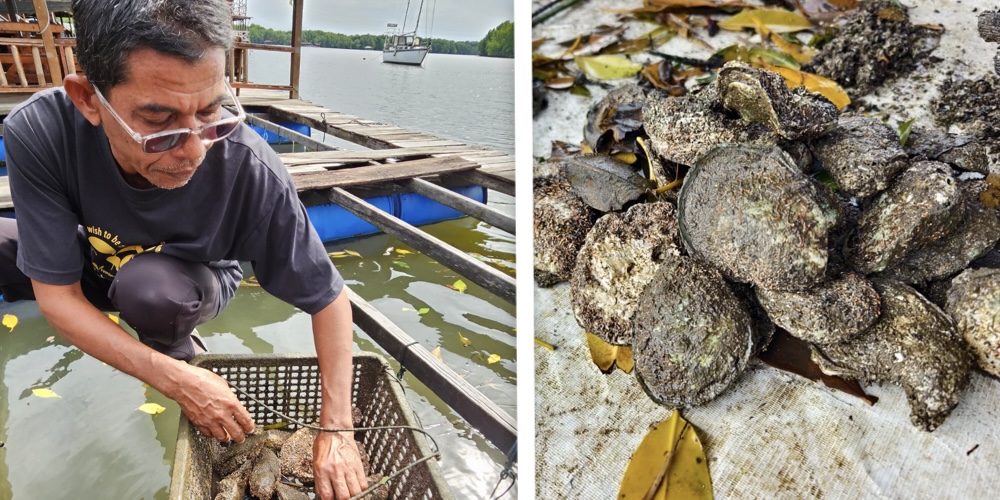
Representatives from Penang, Kedah, Perak, Selangor, Johor, Terengganu, and Sarawak proposed interventions to improve efficiency, climate resilience, and industry collaboration.
Similar workshops were held in Vietnam and Indonesia as part of WAVES’ regional effort to plan adaptive and inclusive aquaculture systems. Findings from these sessions will feed into a national stakeholder network, and the project’s final workshop in 2027.
Exploring Future Scenarios through Economic Foresight Modeling and Systems Modeling Approaches
After the systems mapping sessions, Malaysian participants and international partners joined an economic foresight modeling workshop in Penang to examine the future of the regional mollusc economy.
Representatives from Malaysia, Vietnam, and Indonesia reviewed business-as-usual projections, identified data gaps, and examined how climate change might shape their industries. These discussions helped refine a partial equilibrium model developed by WorldFish to explore future scenarios for the region’s mollusc sector. The results will guide strategies to enhance sustainability, inclusivity, and climate resilience, contributing to regional food and nutrition security.
A Systems Modeling workshop the next day brought together 21 WAVES project partners and 14 WorldFish researchers to discuss the geo-spatial, economic, and governance factors influencing mollusc production. Led by the University of Southampton, Northumbria University and the DRAGON-Mekong Institute (Can Tho University), the team will develop a predictive forecast tool using advanced geo-spatial modeling to inform policy and farm-level planning.
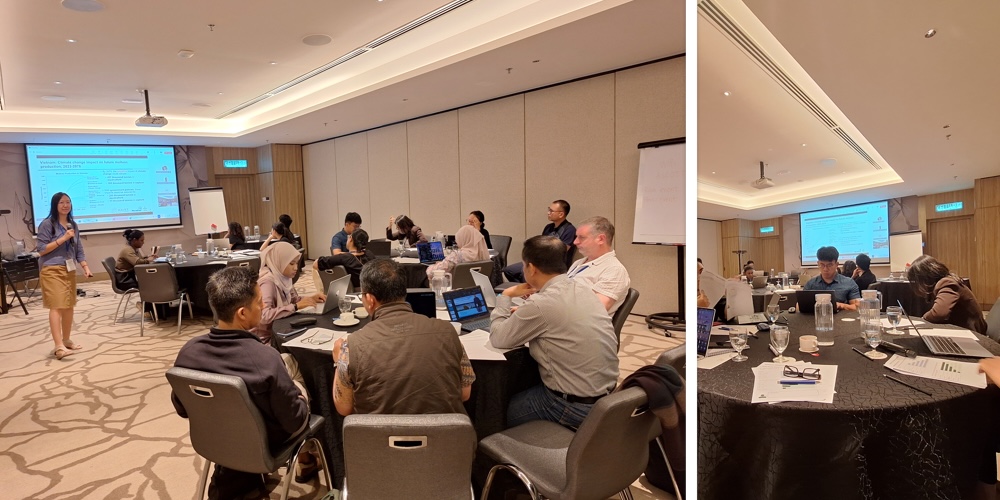
Learnings from the Field
The week wrapped up with a field visit to the oyster farm at Sungai Merbok, Kedah, bringing together 16 project partners. On site, the team talked through culture practices, species choice and ideal growing conditions, and dug into depuration, marketability, and how the farm connects with local buyers.
The producer compared notes with visiting researchers from Vietnam and the UK. They traded insights on farming techniques, industry trends, and what’s needed to strengthen the sector.
The day closed at the Centre for Marine and Coastal Studies (CEMACS), where the group got a look at its research, training, and outreach work driving marine science, sustainable aquaculture, and public awareness.
Looking Ahead
These workshops in Malaysia, Vietnam and Indonesia mark important first steps toward a shared vision of a sustainable and resilient mollusc sector that supports coastal livelihoods and strengthens Southeast Asia’s food systems in a changing climate.
